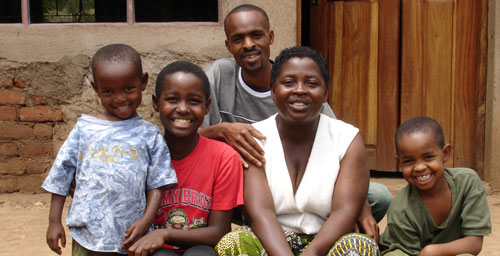What would it look like if families could easily grow nutritious food, attain clean water and realize economic opportunities right in their own backyards?
- Pregnant women would be healthier, giving birth to healthier children, thus reducing the infant mortality rate.
- Children would be stronger, able to attend school and retain what they learn.
- Parents would be able to work more productively, providing better for their families and enabling them to educate their children beyond primary school.
- Families would be able to have their own small businesses, contributing to their local and national economies.
- Communities and nations would be strengthened through a healthier, better-educated populace and increased local economies.
With the goal of assisting people to become healthy and self-reliant firmly planted before it, Strong Harvest International partners with communities in the developing world to enhance food security, improve health, and increase economic viability at the family level.
Our primary tools are simple: The Moringa Tree and Peer Education.
The fast-growing, drought-resistant Moringa Tree provides good nutrition, clean water, and economic opportunty.
Using the highly-sustainable Peer Educator training model, we train local people to become subject matter experts in basic nutrition and the cultivation and multiple uses of the moringa tree. Peer Educators then train their own families and their communities.
From the beginning, community members have ownership of their moringa project and are able to use it in creative ways to best meet their unique needs.
Strong Harvest International works in concert with the
U.N. Millennium Development Goals
Strong Harvest’s Moringa Program plays a significant role in meeting the United Nations’ anti-poverty goals!
By introducing the tree to those living in poverty in developing nations Strong Harvest directly impacts 6 of the 8 Millennium Development Goals and indirectly has a positive impact on the remaining 2.
1. End poverty and hunger – Moringa directly addresses poverty and hunger through its economic and nutritional benefits. Moringa increases food security at the family level.
2. Universal education – Moringa may indirectly have a positive effect on education as families who use it for economic benefit will be better able to pay for their children’s education.
3. Gender equality – Moringa increases gender equality by providing economic opportunity for women and women’s collectives.
4. Child health – Moringa directly impacts child health through increased nutritional intake and improved drinking water.
5. Maternal health – Moringa improves maternal health during pregnancy and increases milk production in nursing mothers.
6. Combat HIV/AIDS – While moringa does not combat the spread of HIV/AIDS it has been shown to increase the health and strengthen the immune systems of those suffering with the disease.
7. Environmental sustainability – Moringa assists in reforestation, erosion control, and creates sustainable access to improved drinking water through the use of seed powder for drinking water treatment.
8. Global partnership – Moringa can provide a route to local and global markets for developing-nation farmers.
See more on the U.N. Millennium Development Goals at http://www.un.org/millenniumgoals/

